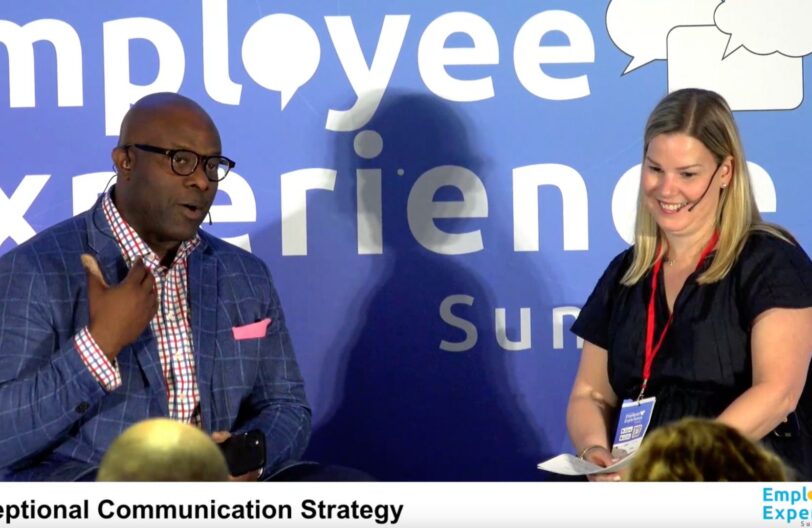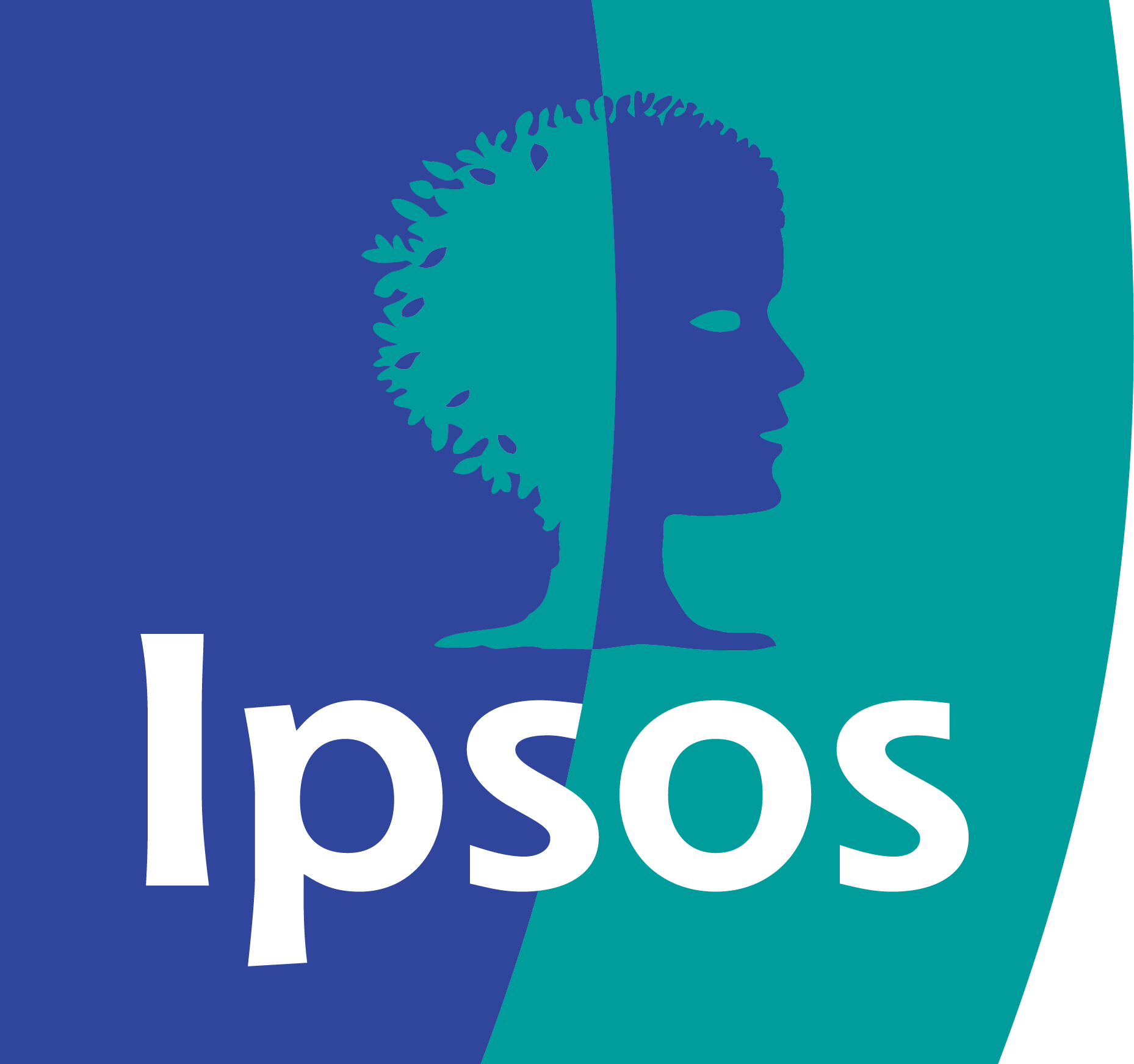Remember the childhood game of “telephone”? You’d whisper a message to the first person, who’d pass it along, and by the time it reached the last person, the original message was completely unrecognizable. Shockingly, most organizations operate exactly the same way.
As someone who’s spent 25 years in HR, I’ve seen how broken communication can destroy workplace culture faster than anything else. But here’s the good news: building trust doesn’t require a massive budget or complicated system. It requires intentional, authentic communication.
Strategy 1: Align Values with Action
Your organization’s mission statement looks great on paper, but does it actually live and breathe in daily interactions? Most leaders create beautiful value statements that never translate to real-world behavior. The key is ensuring every leader, from the top executive to first-line managers, embodies these values consistently.
Pro Tip: Conduct quarterly “value alignment” check-ins where teams discuss how organizational values show up (or don’t) in their daily work.
Strategy 2: Create Transparent Communication Channels
Information shouldn’t feel like a top-secret document that gets diluted as it travels down the organizational hierarchy. Implement:
- Regular, unfiltered all-hands meetings
- Open Q&A sessions with leadership
- Anonymous feedback mechanisms
- Clear, direct communication that removes unnecessary corporate jargon
Real Talk:
Most employees know when messages are being sugar-coated. Authenticity trumps perfection every single time. Strategy 3: Model Disconnection and Boundaries Trust isn’t just about what you say—it’s about what you do. If leadership constantly emails at 9 PM or expects immediate responses during “off” hours, you’re sending a clear message that work-life balance is a myth. Leadership Reset Checklist:
- Respect after-hours boundaries
- Use scheduled send features for late-night emails
- Encourage genuine time off
- Demonstrate that productivity isn’t measured by constant availability
The Unexpected ROI
When you implement these strategies, something magical happens. Employees start to feel seen. They become more engaged, not because of a mandatory engagement program, but because they genuinely feel valued.
Your Next Step
This isn’t about perfection. It’s about progress. Start small. Have one honest conversation. Set one boundary. Create one moment of genuine connection. Leadership isn’t about being superhuman. It’s about being authentically human.
This blog is based on the 2024 Employee Experience Summit presentation by Dawn Ellery of UBC.




